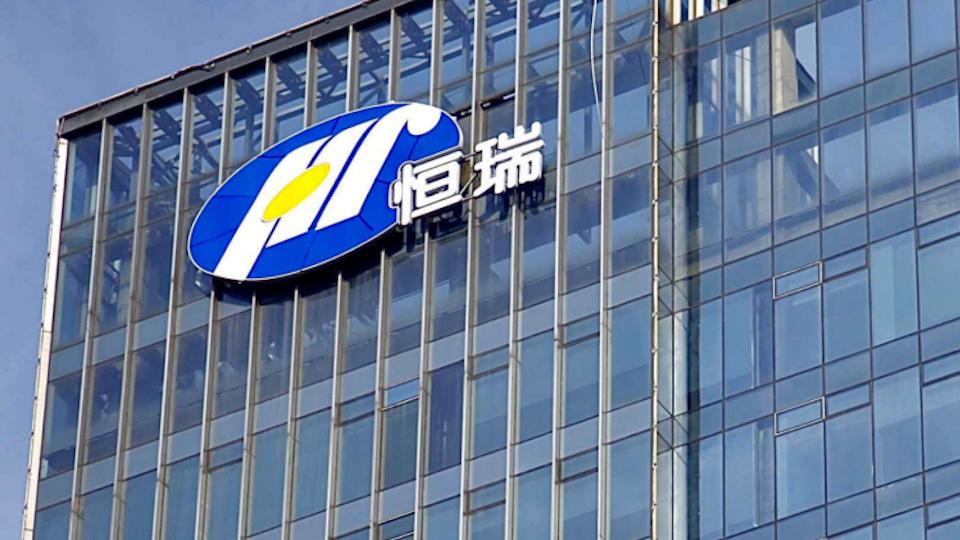FDA clears Astellas' Vyloy as first claudin 18.2 cancer drug

At its second attempt, Astellas has won FDA approval for its first-in-class cancer therapy, Vyloy, which got the green light for certain gastric cancers.
The US regulator approved Vyloy (zolbetuximab) in combination with chemotherapy for the first-line treatment of adults with locally advanced or metastatic HER2-negative, claudin (CLDN) 18.2-positive gastric or GEJ adenocarcinoma that cannot be treated with surgery, having turned down the drug in January because of manufacturing issues.
Vyloy is the first CLDN18.2-targeting drug to reach the US market but has already been approved in Japan as well as in the EU and GB. Astellas refiled its marketing application in May, and the FDA gave it a six-month priority review, reflecting its status as the first drug targeting a brand-new oncology target.
CLDN18.2 is a transmembrane protein expressed in approximately 38% of advanced gastric cancer cases and is not generally seen in healthy tissues, making it almost completely tumour-specific, which should avoid off-target effects.
The FDA approval is based on the results of the SPOTLIGHT and GLOW trials, which looked at the combination of Vyloy with two chemotherapy regimens commonly used first-line for gastric cancers – a disease that has seen little in the way of therapeutic innovation in recent decades.
In both trials, Vyloy was shown to reduce the risk of disease progression or death, as well as overall survival, compared to chemo alone.
Gastric cancer is the fourth deadliest cancer worldwide, killing around 770,000 people a year, and has a five-year relative survival rate of only around 6%.
In a related development, the FDA has also cleared a CLDN18.2 diagnostic test from Roche that can be used to test if patients with these forms of gastric cancer are eligible for treatment with the new drug.
Astellas acquired zolbetuximab with its takeover of Ganymed Pharma in 2016, paying around $430 million upfront in a deal with a total value of up to $1.3 billion.
Analysts have suggested that the drug could eventually make annual sales of $1 billion or more, although achieving those levels will depend on widespread adoption of CLDN18.2 testing, which isn't routinely carried out at the moment.
The need to encourage testing could make the rollout of the drug slow, but the noise generated by a series of other CLDN18.2 candidates coming through the industry pipeline could help drive momentum.
Those include Innovent Bio's IBI343 in phase 3, AstraZeneca/Keymed's AZD0901 in phase 2, and a string of earlier-stage candidates from Merck KGaA/Hengrui, Transcenta, I-Mab, BioNTech, Leap Therapeutics, and Legend Biotech, amongst others.
Astellas said Vyloy will be available to order through specialty distributors approximately six to 12 business days following FDA approval, with a wholesale acquisition price (WAC) of $1,600 per 100mg vial. Treatment costs per patient could vary, according to the company.












